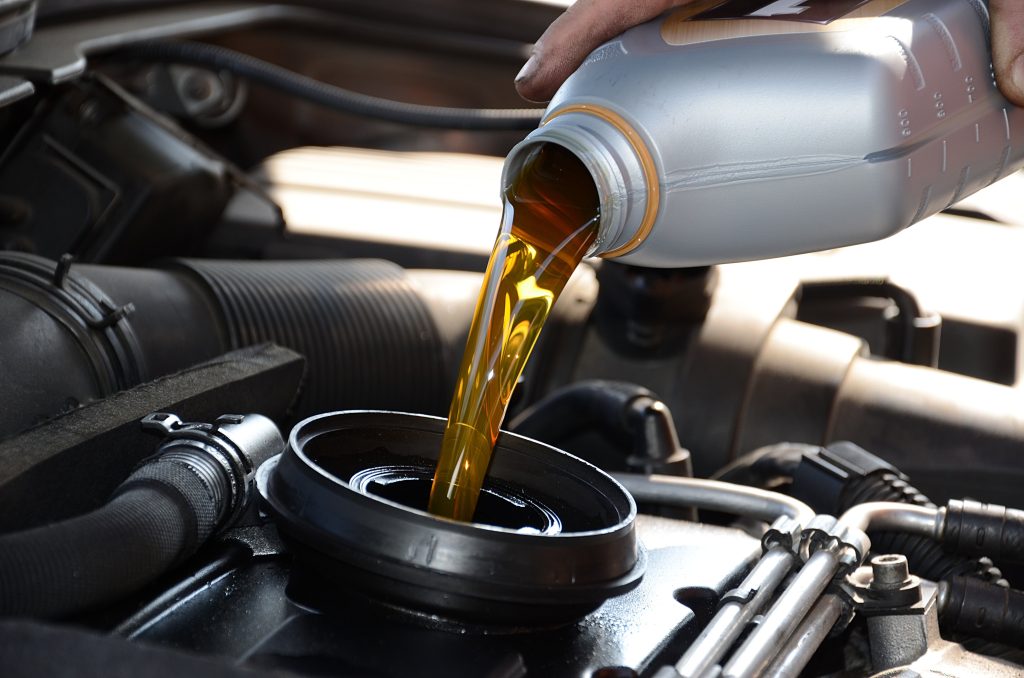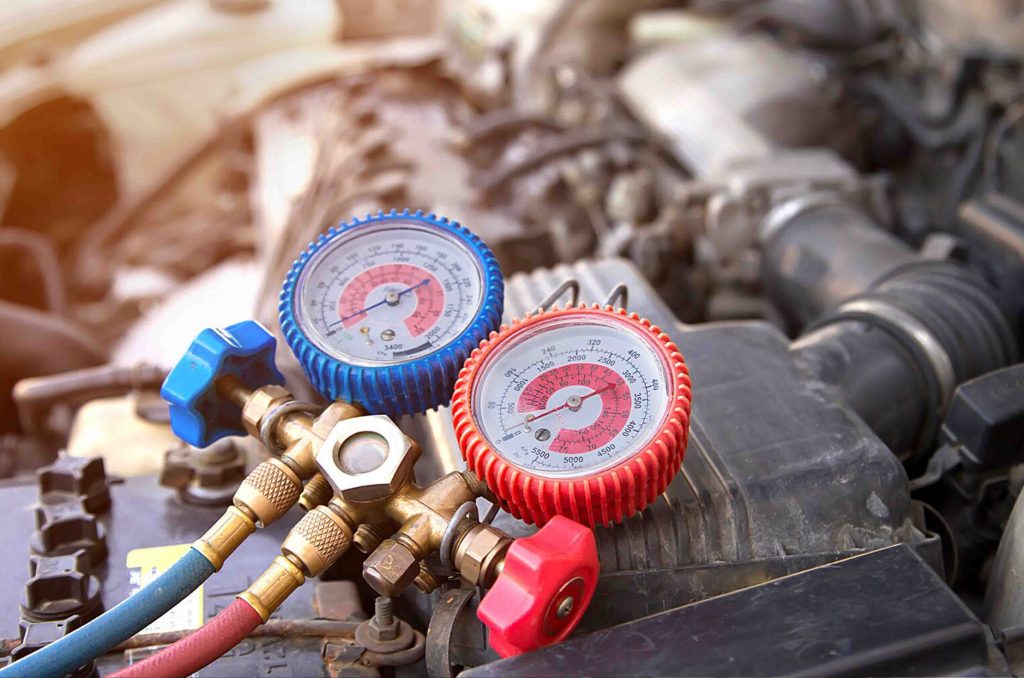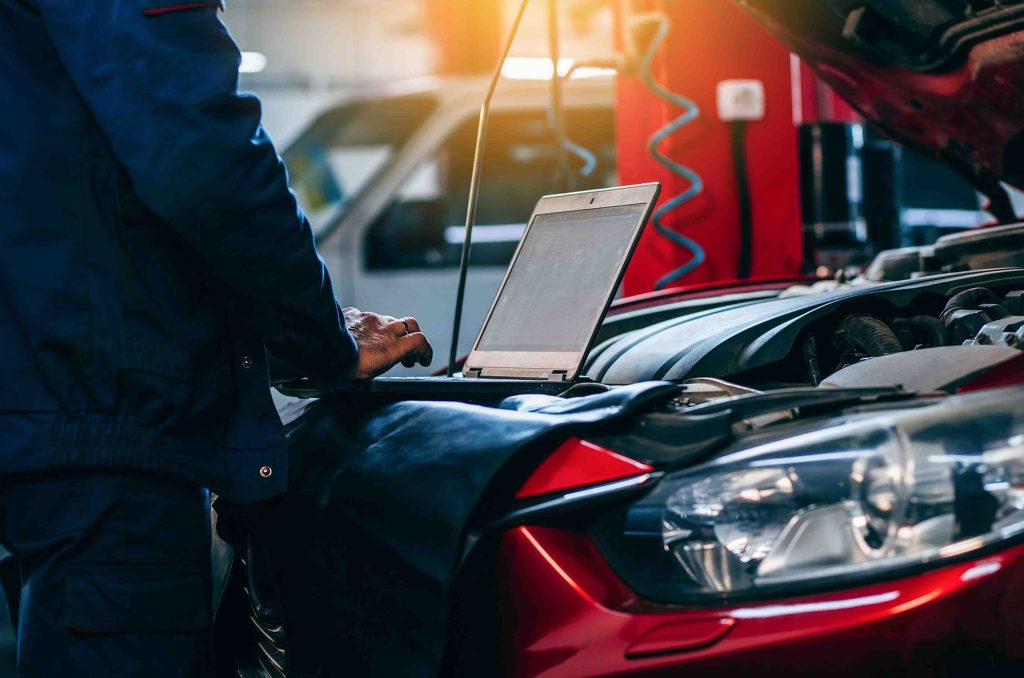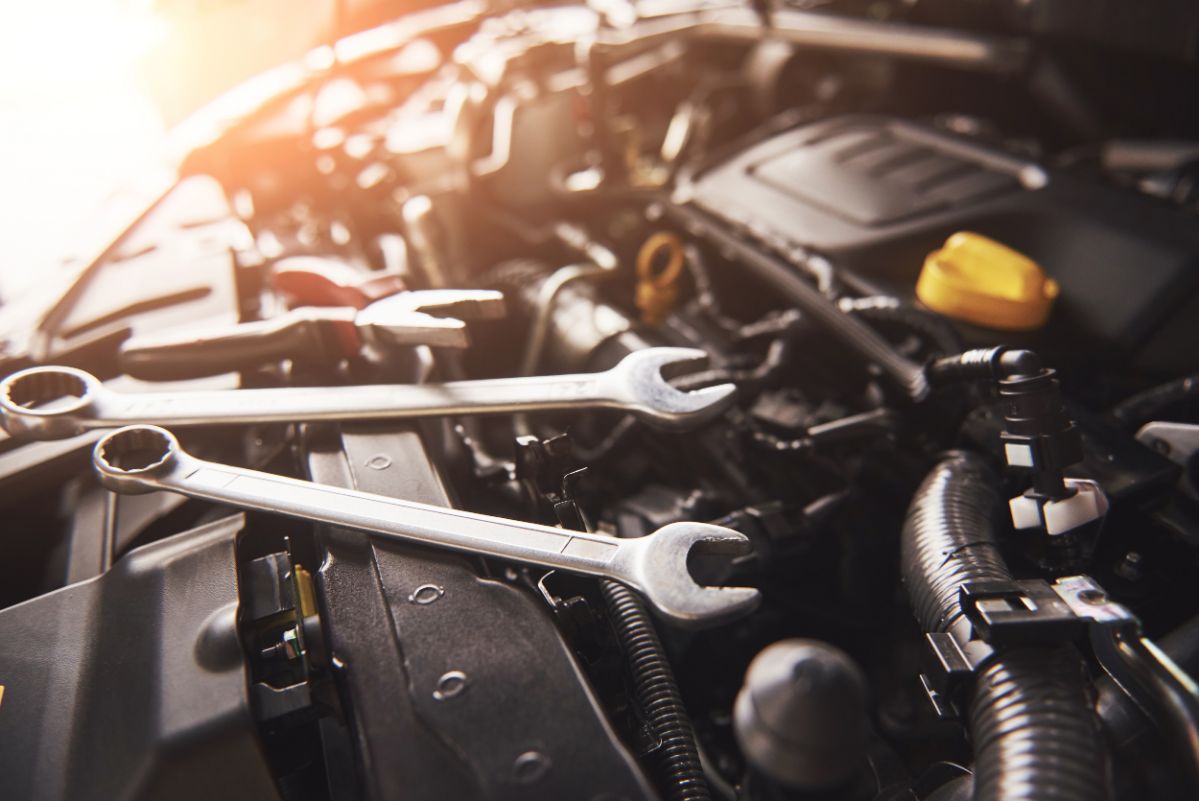Your car’s engine is its heart. Just like a healthy lifestyle prevents health issues, regular maintenance prevents costly repairs and keeps your engine performing at its best.
1. Change the Oil & Filter Regularly

Why it matters: Engine oil is the lifeblood of your car. It lubricates moving parts, reduces friction, cleans sludge, and helps cool the engine. Over time, oil breaks down and gets contaminated.
- What to do: Follow the manufacturer’s recommended oil change intervals found in your owner’s manual (e.g., every 5,000 to 10,000 km). Use the recommended oil type (conventional, synthetic blend, or full synthetic). Never skip replacing the oil filter, a new filter keeps the new oil clean.
2. Keep Cooling System in Check

Why it matters: Engines operate at extremely high temperatures. The cooling system (coolant, radiator, water pump, thermostat) prevents overheating, which can cause catastrophic engine damage like a warped cylinder head.
- What to do: Check coolant levels regularly (only when the engine is cool!). Flush and replace the coolant at the intervals specified in your manual. Look for signs of leaks (puddles of brightly colored liquid under the car) and ensure the radiator and hoses are in good condition.
3. Replace Air & Fuel Filters

Why it matters:
- Air Filter: A clean air filter ensures your engine gets a steady flow of clean air for the combustion process. A clogged filter restricts airflow, reducing performance and fuel efficiency.
- Fuel Filter: This filter protects your engine by trapping rust, dirt, and debris from the fuel before it reaches the fuel injectors. A clogged filter can cause poor acceleration and engine sputtering.
- What to do: Inspect the air filter with every oil change and replace it if it looks dirty. Replace the fuel filter as recommended by your vehicle’s maintenance schedule.
4. Don’t Ignore Warning Signs & Lights

Why it matters: Your car’s dashboard is a communication hub. The check engine light, temperature warning, or oil pressure light are critical alerts that something is wrong.
- What to do: Never ignore a warning light, especially the check engine light. Have it diagnosed by a professional as soon as possible. Addressing a small problem early can prevent it from becoming a major, expensive engine failure.
5. Use Quality Fuel & Additives Wisely

Why it matters: Low-quality fuel can contain impurities that lead to carbon buildup on fuel injectors, intake valves, and combustion chambers, harming performance and efficiency.
- What to do: Always use high-quality fuel from trusted providers, such as MISA Energy, to ensure optimal engine performance and longevity. Occasionally using a reputable fuel system cleaner can help remove deposits, but avoid overusing cheap additives.
6. Regular Overall Check-ups

Just like you see a doctor for a physical, your car needs regular professional inspections. A trusted mechanic can spot small issues, like a worn serpentine belt, a small leak, or a weak hose, before they lead to engine trouble.
By following these steps, you’re not just maintaining a machine; you’re investing in the longevity and reliability of your vehicle, ensuring it has the energy to power your journey for years to come.

